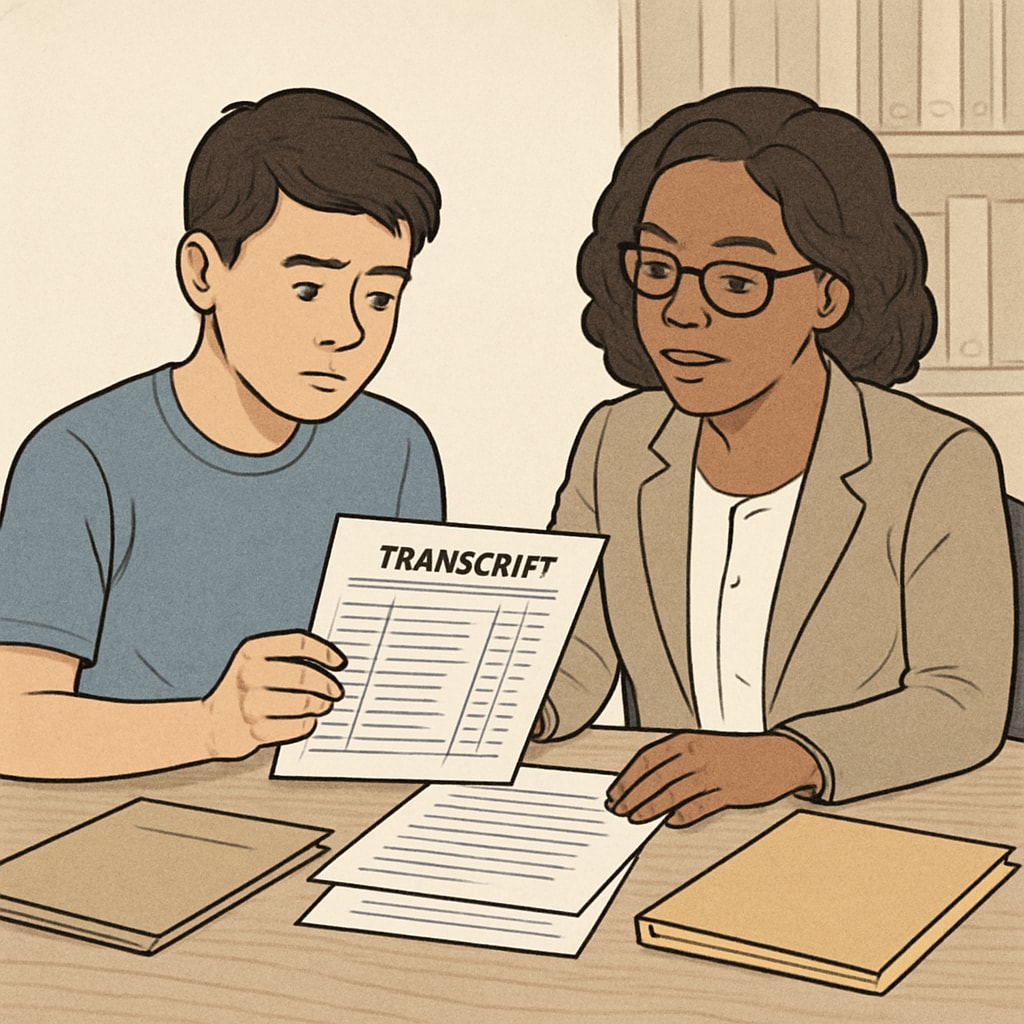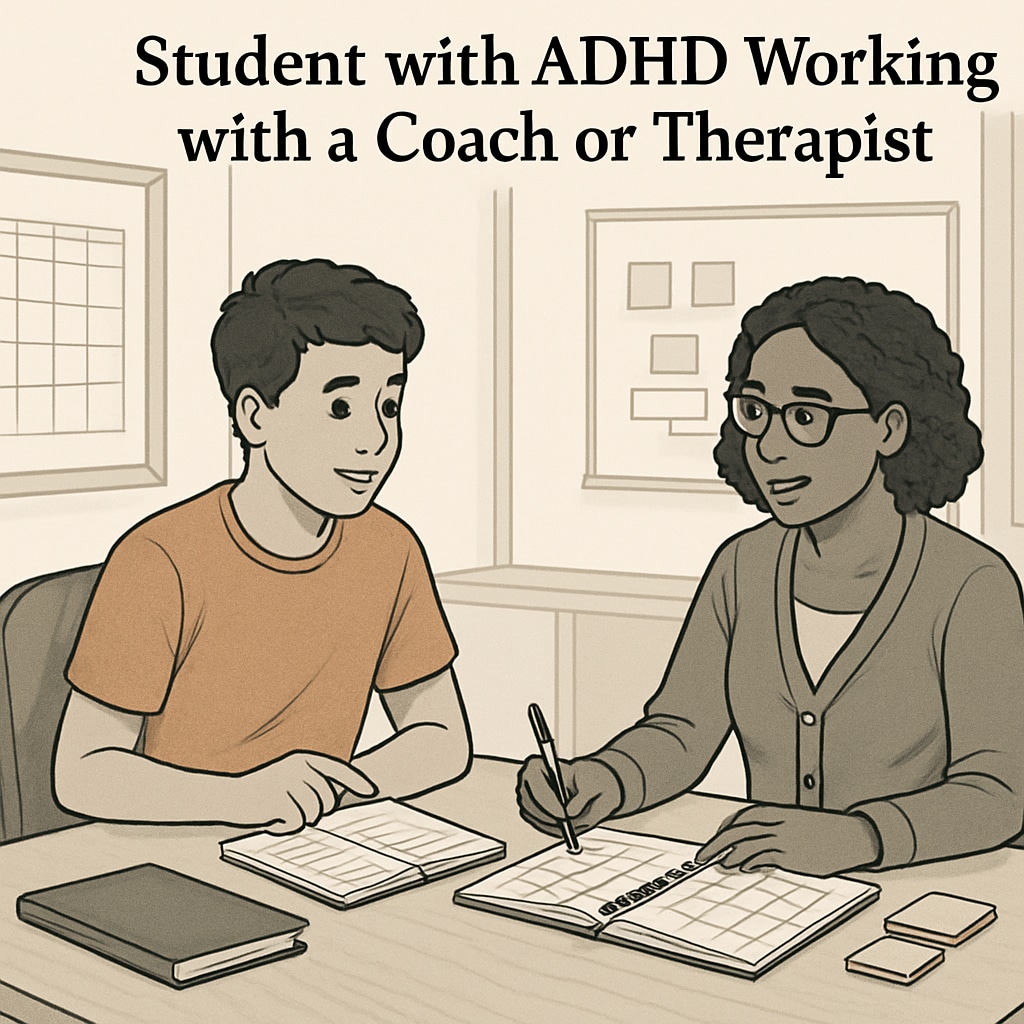High school can be challenging, especially when personal circumstances like ADHD or family issues disrupt your academic progress. If you’re significantly behind on credits, it may feel overwhelming to catch up in just two years. However, with determination, the right strategies, and professional support, it’s entirely possible to recover and graduate on time. This guide will provide actionable steps to help students catch up on high school credits, overcome obstacles, and move toward a successful future.
Identify the Scope of the Problem
The first step in addressing a high school credit deficit is understanding the extent of the issue. Review your transcript with a school counselor to assess how many credits you’re missing and which subjects require the most attention. Prioritize core subjects like math, English, science, and social studies, as these are typically graduation requirements.
In addition, identify the root causes of your academic challenges. For students with ADHD, poor time management, difficulty concentrating, and organizational struggles may have contributed to falling behind. Acknowledging these barriers is essential for developing effective solutions.

Develop a Customized Academic Recovery Plan
Once you’ve identified your credit deficit, create a personalized recovery plan. Collaborate with your school counselor to outline achievable goals and timelines. Consider the following strategies:
- Summer School: Many schools offer summer programs specifically designed for credit recovery. These intensive sessions focus on key subjects and provide a structured learning environment.
- Online Courses: Virtual learning platforms such as Khan Academy and state-approved online schools allow you to complete coursework at your own pace. They’re especially helpful for students with ADHD who benefit from flexible schedules.
- Credit-by-Exam Programs: Some schools let students earn credits by passing standardized exams in specific subjects. This option may suit students who already have a good understanding of the material.
Additionally, break your plan into smaller, manageable milestones to stay motivated. For instance, focus on completing one subject at a time or earning a specific number of credits per semester. Use tools like planners or apps to keep track of deadlines and progress.
Seek Professional Support for ADHD
For students with ADHD, professional support can make a significant difference in academic recovery. ADHD often impacts executive functioning skills, which are essential for planning, organizing, and completing tasks. Consider these options:
- Therapists or Coaches: ADHD coaches specialize in helping students develop strategies to manage symptoms and improve academic performance. Therapists can also address emotional challenges associated with falling behind in school.
- IEP or 504 Plans: If you haven’t already, request an Individualized Education Plan (IEP) or a 504 Plan through your school. These accommodations may include extra time on assignments, reduced distractions during tests, or access to additional resources.
- Medication: For some students, medication prescribed by a healthcare provider can improve focus and reduce impulsivity. Work closely with a doctor to determine the best treatment options.

Utilize Alternative Credit Recovery Options
If traditional classroom settings aren’t working, explore alternative methods for earning credits. Many schools and organizations offer innovative programs tailored to diverse learning styles:
- Dual Enrollment: Enroll in college courses that count toward both high school and college credits. This option allows you to accelerate your progress while gaining valuable experience.
- Project-Based Learning: Some schools offer experiential learning programs where students earn credits by completing hands-on projects. This approach may be ideal for students who thrive in non-traditional learning environments.
- Work Experience or Internships: In certain cases, on-the-job training or internships can be converted into academic credits, particularly in vocational programs.
Discuss these options with your school counselor to determine which programs align with your goals and learning preferences. Be proactive in researching local opportunities and meeting application deadlines.
Stay Motivated and Resilient
Recovering from a credit deficit is no easy task, but maintaining a positive mindset is key. Celebrate small victories, whether it’s passing a challenging exam or completing a course ahead of schedule. Surround yourself with supportive friends, family, and mentors who believe in your ability to succeed.
Additionally, practice self-care to avoid burnout. Regular exercise, healthy eating, and adequate sleep can improve focus and energy levels. For students with ADHD, mindfulness techniques such as meditation can help manage stress and improve concentration.
Conclusion
Catching up on high school credits within two years requires careful planning, hard work, and a willingness to seek help. By creating a personalized academic recovery plan, leveraging alternative credit options, and addressing ADHD-related challenges, students can overcome obstacles and achieve their graduation goals. Remember, it’s never too late to turn things around and build a brighter future.
Readability guidance: Short paragraphs and bullet points simplify complex information. Active voice is used throughout, with transitions enhancing clarity and flow. Images align with content to reinforce key ideas.


